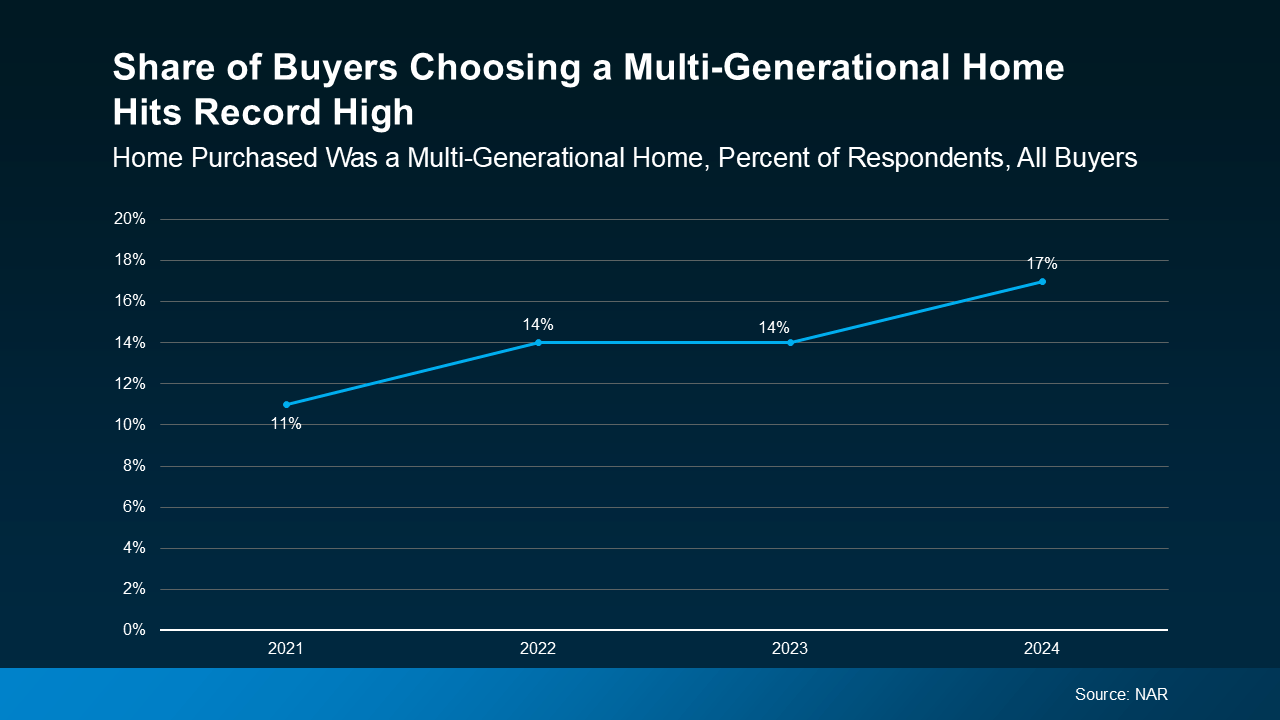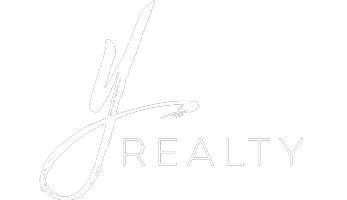
What Every Homeowner Should Know About Their Equity
Curious about selling your home? Understanding how much equity you have is the first step to unlocking what you can afford when you move. And since home prices rose so much over the past few years, most people have much more equity than they may realize. Here’s a deeper look at what you need to kno

6 Things That Get Cheaper When the Fed Cuts Rates
Once the Federal Reserve begins to lower the federal funds rate, these things should become more affordable. After years of rising interest rates, falling rates might soon be on the way. The Federal Reserve is widely expected to begin reducing its target range for the federal funds rate sometime s

Should You Rent Out or Sell Your House?
Figuring out what to do with your house when you're ready to move can be a big decision. Should you sell it and use the money for your next adventure, or keep it as a rental to build long-term wealth? It's a question many homeowners face, and the answer isn't always straightforward. Whether you're
Categories
Recent Posts









